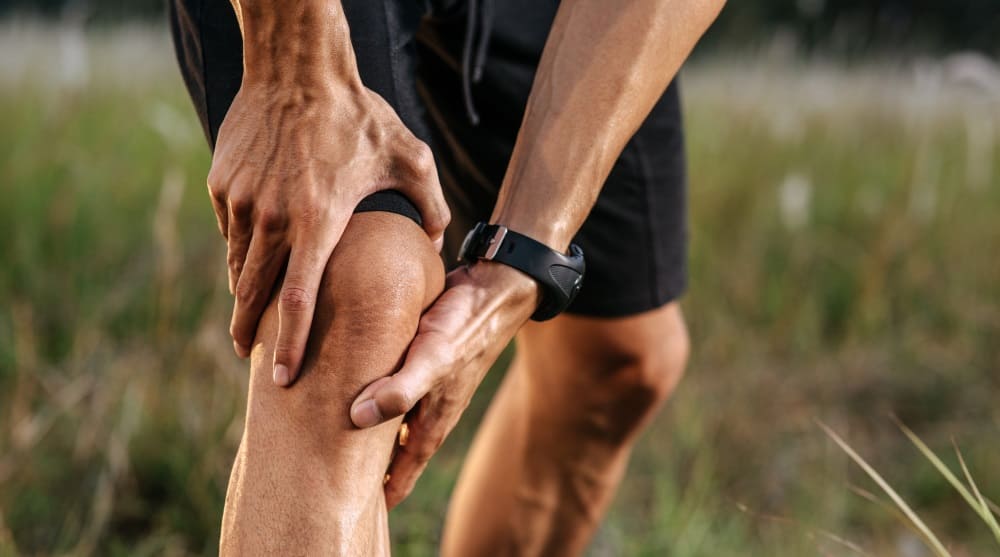Millions of individuals worldwide suffer from the prevalent problem of joint discomfort. It can stem from various conditions, including arthritis, injuries, and age-related wear and tear. While conventional treatments provide relief, many individuals are exploring alternative therapies, such as Ayurveda, to manage their joint pain effectively. This article explores how Ayurveda, an ancient Indian system of medicine, addresses joint pain through natural and holistic methods.
Understanding Ayurveda
Ayurveda, meaning “the science of life,” is a traditional system of medicine that has been practiced in India for thousands of years. It focuses on balancing the body’s energies, or doshas, to promote overall health and wellness. The three primary doshas are Vata, Pitta, and Kapha. Earth, water, fire, air, and space are the five elements that are represented by each dosha. Imbalances in these doshas are believed to contribute to various health issues, including joint pain.
You will be interested on: Kerala Ayurveda Joint Care Package
Causes of Joint Pain in Ayurveda
According to Ayurveda, vata dosha imbalance is frequently linked to joint discomfort. Vata governs movement and flexibility in the body, and its imbalance can lead to dryness, stiffness, and discomfort in the joints. Other factors that may contribute to joint pain include poor digestion, accumulation of toxins (ama), and a sedentary lifestyle. Ayurveda aims to address these underlying causes to provide relief.
Ayurvedic Therapies for Joint Pain
Ayurveda offers a range of therapies to alleviate joint pain and restore balance. These therapies include dietary recommendations, herbal treatments, lifestyle changes, and specialized treatments. Here’s a closer look at some of the most effective Ayurvedic therapies for managing joint pain:
Dietary Adjustments
A balanced diet is crucial in Ayurveda for managing joint pain. Certain foods can aggravate Vata dosha, leading to increased joint discomfort. To counteract this, Ayurveda recommends incorporating the following into your diet:
- Warm, Moist Foods: Eating warm, cooked foods helps to balance Vata and reduce joint pain. Soups, stews, and herbal teas are excellent choices.
- Anti-Inflammatory Spices: Spices like turmeric, ginger, and black pepper have anti-inflammatory properties that can help reduce joint inflammation.
- Healthy Fats: Incorporating healthy fats such as ghee (clarified butter) and olive oil into your diet can lubricate the joints and improve flexibility.
Keep reading: Body Purification Therapy
Herbal Remedies
Ayurvedic herbs are known for their therapeutic properties and can be highly effective in treating joint pain. Some commonly used herbs include:
- Turmeric (Curcuma longa): Turmeric contains curcumin, which has powerful anti-inflammatory and antioxidant properties. It can help reduce joint pain and swelling.
- Ashwagandha (Withania somnifera): Ashwagandha is an adaptogenic herb that helps to reduce stress and inflammation, supporting joint health.
- Ginger (Zingiber officinale): Ginger is known for its anti-inflammatory effects and can help relieve pain and stiffness in the joints.
Panchakarma Therapy
Panchakarma is a series of detoxifying treatments designed to remove toxins from the body and restore balance. For joint pain, the following Panchakarma treatments can be particularly beneficial:
- Abhyanga (Oil Massage): This full-body massage uses warm, medicated oils to improve circulation, reduce stiffness, and nourish the joints. It also helps in balancing Vata dosha.
- Kati Basti: This localized treatment involves placing warm, medicated oil on the lower back or affected area within a dough ring. It helps in alleviating pain and stiffness.
- Shirodhara: In this treatment, warm, medicated oil is gently poured onto the forehead, promoting relaxation and reducing stress that may contribute to joint pain.
You will be interested on: Kerala Ayurvedic Detox Package
Yoga and Exercise
Yoga is a key component of Ayurvedic therapy for joint pain. Gentle yoga poses and stretches can help improve flexibility, strengthen the muscles around the joints, and enhance overall mobility. Some beneficial yoga practices include:
- Gentle Stretches: Poses such as Cat-Cow, Child’s Pose, and Forward Bend can help stretch and strengthen the muscles around the joints.
- Joint Mobilization Exercises: Simple exercises like wrist and ankle rotations can keep the joints active and reduce stiffness.
- Breathing Exercises: Pranayama, or controlled breathing exercises, can help calm the mind and body, reducing stress-related joint pain.
Keep reading: Kerala Ayurveda Yoga and Ayurveda Retreats
Lifestyle Modifications
Adopting a balanced lifestyle is essential in Ayurveda for managing joint pain. Here are some lifestyle changes that can support joint health:
- Regular Routine: Establishing a consistent daily routine helps in maintaining balance and preventing imbalances in the doshas.
- Adequate Rest: Ensuring enough rest and sleep is crucial for joint health and overall well-being.
- Stress Management: Incorporating relaxation techniques, such as meditation and mindfulness, can help manage stress and its impact on joint pain.

Call +91 9072344343 for Ayurveda Treatment in Kerala
Ayurveda offers a comprehensive approach to managing joint pain through natural and holistic methods. By addressing the underlying causes of joint discomfort and promoting balance in the body, Ayurvedic therapies can provide effective relief. From dietary adjustments and herbal remedies to Panchakarma treatments and lifestyle changes, Ayurveda provides a range of options to support joint health and improve quality of life.








